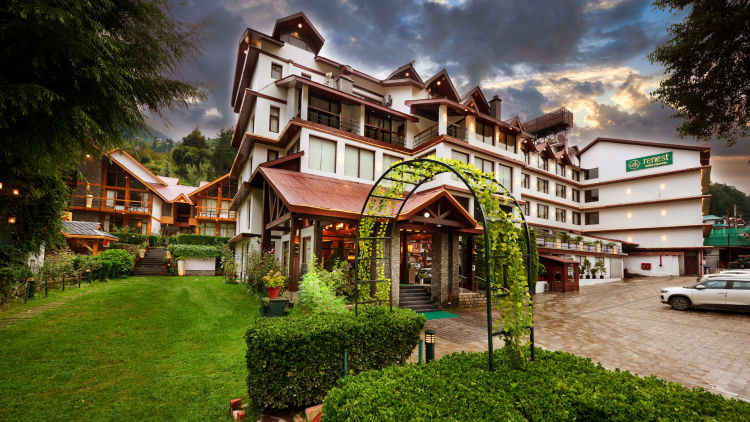Introduction:
Hotels serve as beacons of hospitality, providing travelers with a home away from home and offering a myriad of amenities and services.
In this article, we explore the evolution of hotels in modern times, highlighting the innovations, trends, and experiences that have shaped the hospitality industry.
The Origins of Hospitality:
- From ancient inns and taverns to grandiose palaces and guesthouses, the concept of hospitality has deep roots in human history. Throughout the ages, travelers sought refuge and accommodation in establishments that offered warmth, comfort, and sustenance.
The Rise of Modern Hotels:
- The Industrial Revolution and advancements in transportation paved the way for the rise of modern hotels in the 19th century. From grand luxury hotels to budget-friendly accommodations, the hotel industry underwent rapid expansion to meet the needs of a burgeoning traveler population.
Evolving Architectural Trends:
- Architectural trends in hotel design have evolved, reflecting changing tastes, preferences, and technological advancements. From ornate Victorian facades to sleek contemporary structures, hotels showcase a diverse range of architectural styles that cater to various aesthetic sensibilities.
Embracing Technology:
- In the digital age, technology plays a pivotal role in enhancing the guest experience and streamlining hotel operations. Mobile check-in, keyless entry systems, in-room automation, and personalized concierge services are just a few examples of how technology has transformed the hotel industry.
Sustainable Practices:
- As environmental consciousness grows, hotels are increasingly adopting sustainable practices to minimize their ecological footprint. From energy-efficient lighting and water conservation measures to eco-friendly amenities and waste reduction initiatives, sustainability has become a cornerstone of modern hospitality.
Culinary Excellence:
- Dining experiences have become a focal point of hotel offerings, with renowned chefs and gastronomic concepts elevating the culinary landscape. Hotels boast an array of dining options, from fine-dining restaurants to casual cafes and artisanal bakeries, catering to diverse palates and preferences.
Wellness and Recreation:
- Wellness amenities and recreational facilities have become integral components of the modern hotel experience. Spas, fitness centers, swimming pools, and outdoor activities offer guests opportunities for relaxation, rejuvenation, and leisure during their stay.
Personalized Services:
- In an era of personalized experiences, hotels are prioritizing bespoke services and tailored offerings to cater to individual guest needs and preferences. From personalized welcome amenities to curated experiences and special occasions, hotels strive to create memorable moments for every guest.
Cultural Immersion:
- Hotels are embracing cultural immersion as a means of enriching the guest experience and fostering connections with local communities. Art installations, cultural exhibits, and curated experiences showcase the unique heritage, traditions, and flavors of destination locales.
Closing Words:
As the hotels continue to evolve and innovate, they remain steadfast in their commitment to providing exceptional hospitality experiences.
From architectural marvels to culinary delights, and sustainable practices to personalized services, hotels serve as cultural hubs, social gathering spaces, and havens of comfort and luxury for travelers around the world.
As we look to the future, the possibilities for hotels are endless, promising new adventures, discoveries, and memories for generations to come.

